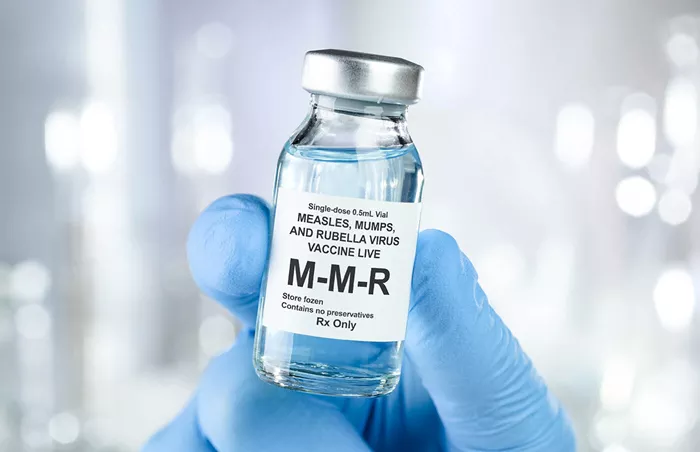The Centers for Disease Control and Prevention (CDC) reports that at least 3% of measles cases this year have occurred in people who were fully vaccinated with two doses of the measles vaccine.
Out of nearly 1,200 confirmed cases in 2025, about 36 involved individuals who had received both doses. Another 2% of cases were in people who had received at least one dose of the vaccine.
Many of these cases have been reported in Texas, which recently confirmed a 21st measles case in a fully vaccinated person. Most of the earlier cases in Texas were children under 8 years old and did not require hospitalization.
The CDC explains that people exposed to measles can still receive the vaccine within 72 hours to help prevent infection or reduce the severity of the illness. This is called post-exposure prophylaxis.
Texas has experienced a serious measles outbreak this year, and while new cases there have slowed, other outbreaks linked to travel inside and outside the U.S. continue. Officials warn that the number of measles cases in 2025 may surpass the 1,274 cases recorded in 2019, the highest since measles was declared eliminated in the U.S.
Colorado has also reported six cases in fully vaccinated individuals, none of whom required hospitalization. Health experts recommend that some seniors, especially those planning to travel, check if they need a measles booster because older vaccines used before 1968 were less effective.
The CDC has issued new advice for summer camps to check immunity records to help prevent measles spread. Overall, the measles vaccine is highly effective, preventing 97% of cases after two doses and 93% after one dose.
This information highlights that while the vaccine is very effective, measles can still infect some vaccinated people, especially during outbreaks, making vaccination and precautions important.
Related topics:
- Measles Alert at Dulles Airport After Infected Passenger Detected
- CDC Urges Summer Camps to Verify Measles Immunity Amid Rising Cases
- Marijuana Use Doubles Risk of Heart Attacks and Stroke, Study Shows


